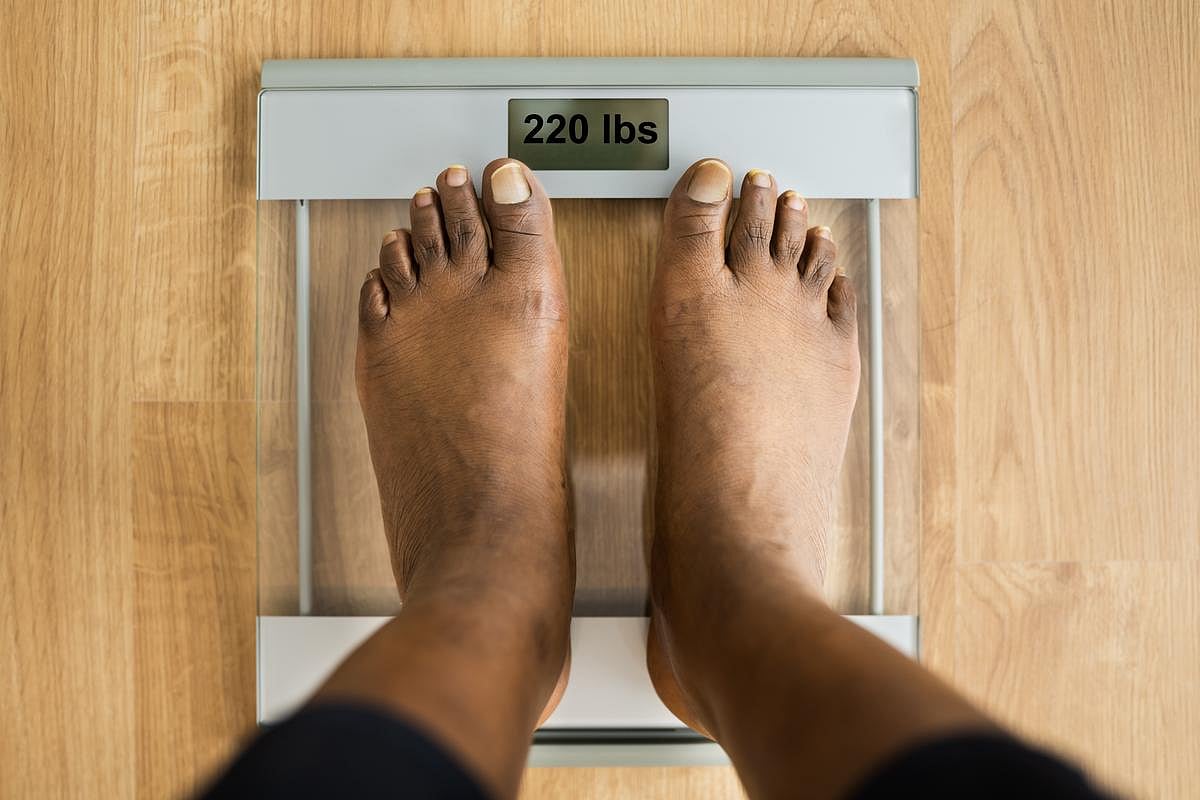Patient Resources
Get Healthy!
GLP-1 Weight-Loss Drug in Pill Form Shows Promise in Trial
- November 25, 2025
- Ernie Mundell HealthDay Reporter

New clinical trial results bode well for what could be the first GLP-1 weight loss drug taken as a pill, not by injection.
The daily pill, orforglipron, is currently under investigation by drugmaker Eli Lilly, which funded the study.
In the 18-month trial, people with type 2 diabetes and obesity who took the highest (36 milligram) dose of the drug lost an average 10.5% of their starting body weight, researchers reported.
Blood sugar readings also improved significantly, and the drug appeared to have no more side effects than those seen from injected GLP-1s.
“We know it is harder for individuals with diabetes to lose weight. It is exciting to have an oral medication that provides double-digit weight loss, which on average was 23 lbs,” said study lead author Dr. Deborah Horn, professor and director of obesity medicine at McGovern Medical School at UTHealth Houston.
She said the drug might also prove to be more affordable.
“Once FDA approved, orforglipron is scheduled to be available in 2026 at a significantly decreased cost compared to current injectables,” Horn noted in a University of Texas news release.
"This could position it to be the ‘metformin’ of obesity and become widely covered by insurance plans, opening the door to treatment for all,” according to Horn.
The clinical trial results were published Nov. 20 in The Lancet.
Although there is one GLP-1 medication, Rybelsus, currently given as a daily pill, it has so far only been prescribed as a treatment for diabetes, not weight loss. All GLP-1s approved for weight loss only in the United States are given as injections.
That might change if orforglipron gains U.S. Food and Drug Administration (FDA) approval.
A prior 18-month trial of the drug found that it spurred an average 12.4% weight loss in people with obesity but without concurrent diabetes, compared to people taking a placebo.
The new trial lasted as long but involved 1,613 adults with obesity and co-existing type 2 diabetes. The trial was double-blinded, meaning that neither investigators nor participants knew whether they were getting orforglipron or the placebo.
Researchers had participants who got the drug begin with a 1 mg dose of orforglipron. They then increased the dose every four weeks until patients received 6 mg, 12 mg and 36 mg, while all other patients received a placebo.
All of the participants were also encouraged to eat healthy diets, which involved managing portion control, avoiding skipping meals and boosting intake of protein- and fiber-rich foods.
Diets were also limited in saturated fats, added sugars and salt. Participants were also advised to engage in at least 150 minutes of physical activity a week.
According to the university news release, “After 72 weeks, patients who received up to 6 mg of orforglipron averaged a weight loss of 5.5%, those who received 12 mg averaged 7.8%, and those who received 36 mg averaged 10.5%, while the placebo group averaged just 2.2%.”
As the researchers explained, orforglipron works by spurring the release of insulin and lowers the release of another metabolic hormone, glucagon. This helps lower blood sugar while dampening appetite and food intake.
One added benefit to a GLP-1 in pill form is that it requires no refrigeration (as injectables do) and isn’t dependent on the timing of meals or liquid intake, the research team said.
“The opportunity for an oral GLP-1 medication with highly effective weight loss that is simpler to take may provide increased access and opportunities for better health for our patients with obesity and diabetes,” Horn said.
More information
Find out more about GLP-1 medications at the Mayo Clinic.
SOURCE: University of Texas Health Science Center at Houston, news release, Nov. 20, 2025

